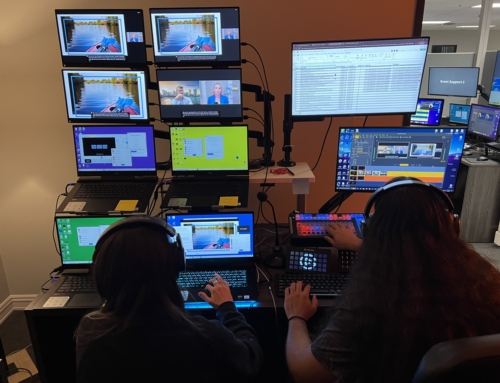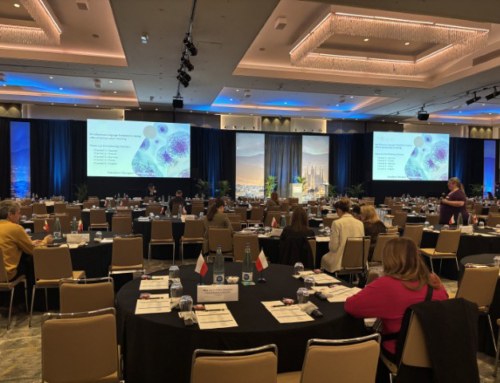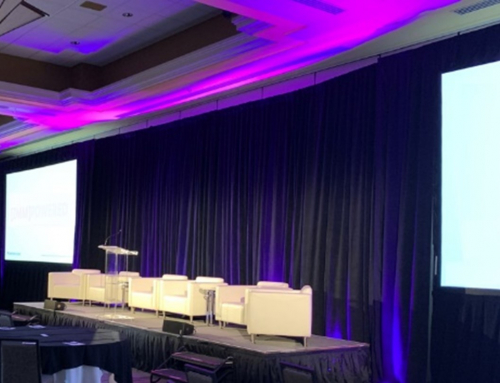With what the World Health Organization has confirmed to be a public health emergency of international concern, the COVID-19, more commonly known as Coronavirus, has been affecting everything from the travel industry to the meetings industry. We’ve been hearing stories of meetings being postponed or flat-out canceled, as a result of this virus.
Moreover, a recent survey put out by MPI states that 34% of its respondents were extremely concerned with the virus and the impact this is beginning to pose on the meetings industry. With many of these growing concerns, meeting professionals must adapt and put some solutions forward.
Besides ensuring that the wellbeing of your attendees and colleagues stays as top priority, here are some solutions and good practices that can be implemented to future-proof meetings during this uncertain time:
Virtual Meetings
With the advent of mobile technology and internet speeds getting faster and more reliable, having meetings and getting your message across doesn’t have to be a physical thing anymore. With the threat of the virus spreading interpersonally, meetings can now be held solely in the virtual world. Through the use of virtual meetings, you are able to present on video to up to 10,000 viewers live. Additionally, if your meeting requires collaboration between attendees, virtual meetings can be set up in “virtual rooms” in which collaboration tools are provided.
Insurance
As obvious as this may seem, having event insurance is of the utmost importance. We never expect acts of God to affect us but it’s always better to be prepared.
Revise Force Majeure Clauses in Your Contracts
Unforeseeable circumstances such as the pandemic have grown to the point where many meetings are being cancelled and/or postponed. However, many of the contracts we may have setup with hotels and venues occurred way before this outbreak. So, it’s good practice to consult with your legal team and update all force majeure clauses to better protect yourself and your meetings.
Meeting planners are able to adapt swiftly and effectively, but most importantly, they know how to handle crises. Make sure to keep your resources up to date and adapt to the changing meetings environment.






